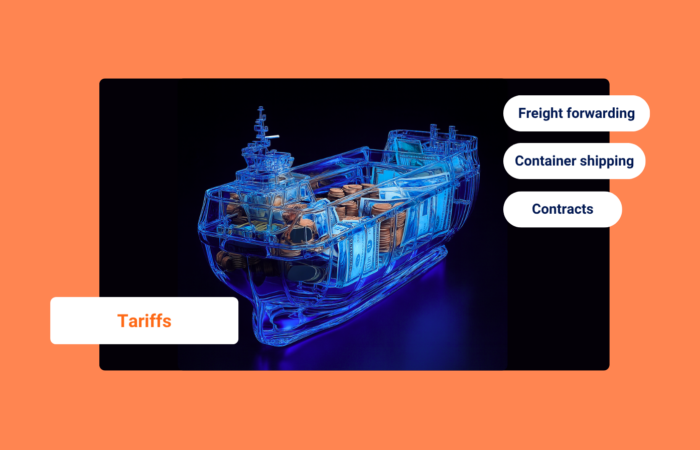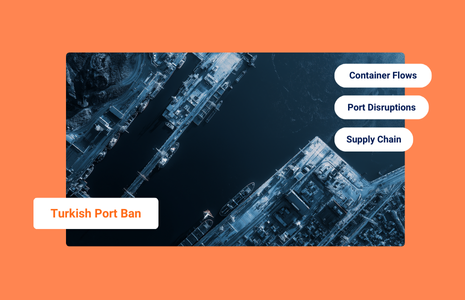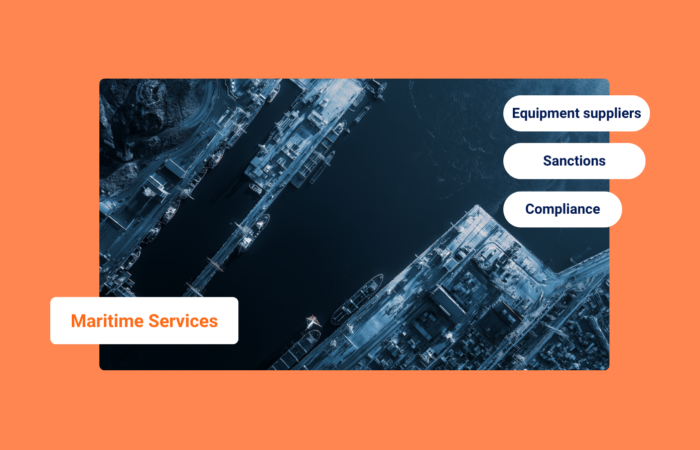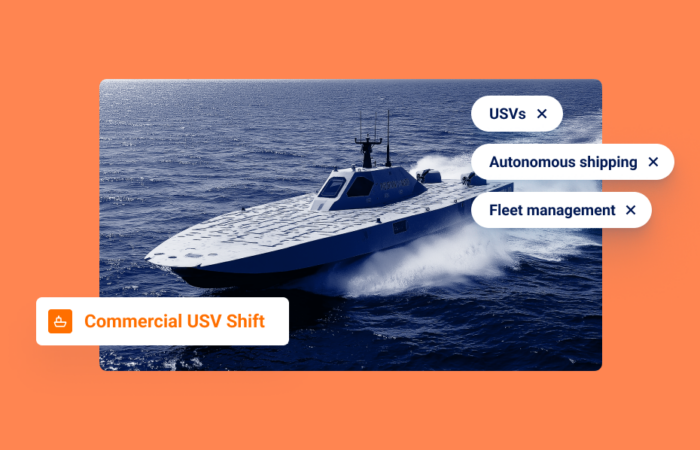The “Gemini Cooperation” Collaboration is Going Live. Ready?

What’s inside?
Hapag-Lloyd and Maersk agreed to form a new operational collaboration named “Gemini Cooperation.” It will commence in February 2025. “The ambition is to deliver a flexible and interconnected ocean network with industry-leading reliability,” according to Maersk.
“Gemini Cooperation will cover seven trades and offer 57 services including mainliner and dedicated shuttle services, complemented by feeder services. The fleet of our new partnership will consist of around 340 modern and efficient vessels, many ready to adopt cleaner fuels, with a total standing capacity of ~3.7 million,” states Hapag-Lloyd on its website.
As shown above, this new collaboration will end the 2M Alliance between Maersk and Mediterranean Shipping Company (MSC).
MSC’s new strategy will be to manage its network independently and establish vessel sharing agreements (VSAs) with other shipping lines, or leasing slots where they require network coverage. They seek to enhance service by offering more direct services, with a view to improving schedule reliability.
The Gemini Alliance’s Objectives
Enhanced reliability and improved connectivity are important goals of the Gemini Alliance. The two carrier giants assert that schedule reliability will improve – they estimate it will take 13 weeks to stabilize and achieve 90% reliability. They will operate a “hub and spoke model,” with 12 major hubs connected via 26 mainline services and 32 dedicated shuttle services.
Potential Impact on Customers and Your Business
Although this new partnership has potential, especially considering the players’ resources, there may also be some negative effects.
This alliance might create bottlenecks in specific regions, with more traffic (or unexpected traffic) creating a higher likelihood of delayed ETAs and the triggering of detention and demurrage (D&D) charges.
Let’s take a look at potential issues:
- Port congestion: concentrating large volumes of cargo at select hub ports could strain their infrastructure and resources, especially during the new alliance’s inception. Efficient handling at these hubs is crucial – any delays could create a ripple effect throughout the network, affecting overall schedule reliability.
- Transition period adjustments: implementing the new network may involve operational changes, leading to temporary disruptions or delays as systems and processes are aligned.
- Port call reductions: the alliance intends to reduce the number of port calls per service to streamline operations, which could impact cargo handling times and availability at certain ports.
Windward Can Help!
Gemini Alliance’’s hub and spoke model has the potential to improve shipping efficiency, but in the short term it will also pose challenges related to port congestion. The success of this initiative will largely depend on the performance and capacity of the selected hub ports and the effectiveness of the planned technological enhancements.
Unexpected port congestion leads to changes in ETAs, ATAs, and detention and demurrage charges. Windward’s Maritime AI™ Predicted ETA is the best-in-class, AI-powered solution for accurate, real-time visibility, including vessel tracking and container tracking.
Windward can also help with D&D optimization, saving hundreds of thousands of dollars for customers.
As a trusted advisor to our customers, Windward is happy to advise in greater detail on how this new alliance will affect the supply chain and logistics ecosystem, and how our innovative technology can help!











